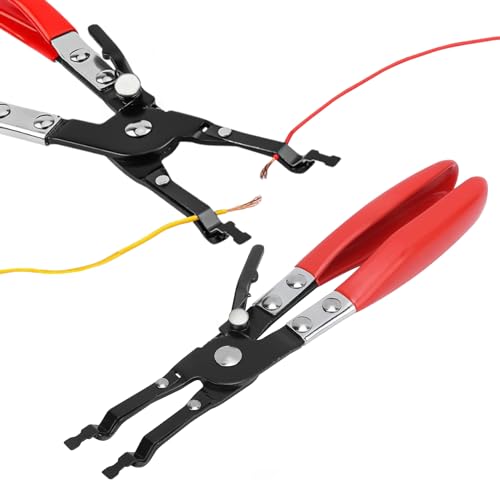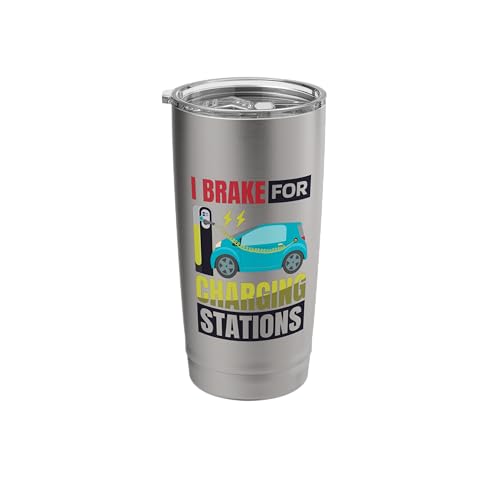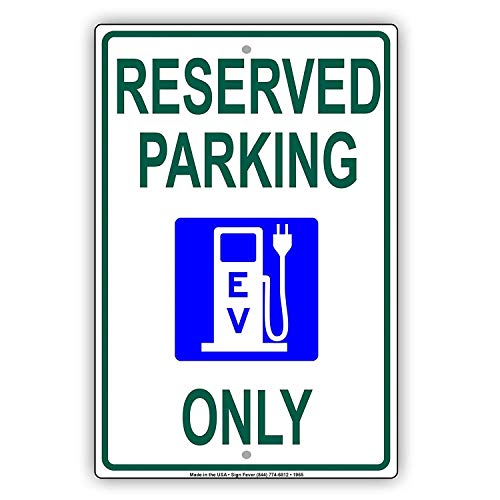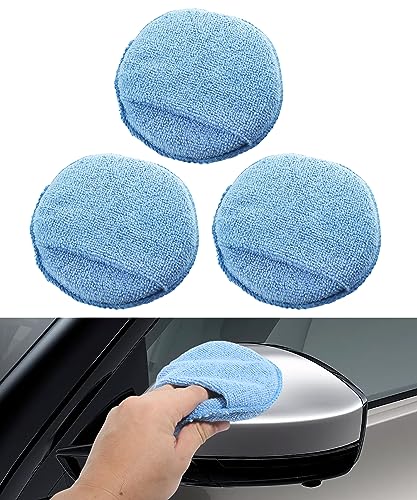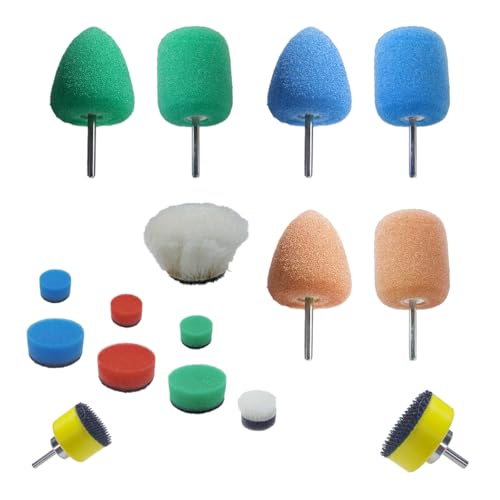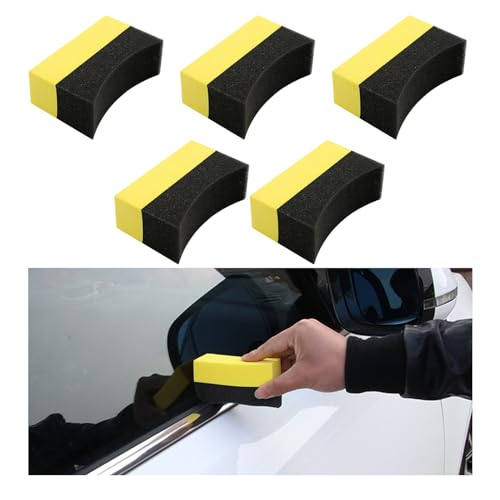jaapv said:
How are you going to press possible electrical/electronics/software guaranty claims if the car is only maintained mechanically?
For instance - to maintain guaranty the logs must be read out and sent to Japan on each service.
No, to maintain the warranty the logs don't need to be sent anywhere. I'm in the US - different countries have different laws. In Europe and Japan, manufacturers can mandate specific things be performed with specific fluids, for example, and the owner must do those things with those products. In the US, if the manufacturer requires a specific product, they must provide it free of charge. One on-topic example is engine oil. They can 'recommend' (as a number of manufacturers do because of financial deals with the company) using Mobil 1, but they cannot mandate it, and they cannot make it a warranty requirement. Different countries, different laws, different requirements.
If a computer or a wire or a sensor breaks, then Mitsubishi fixes it. (Actually, Mitsubishi only acts as an agent because the ultimate warranty for any specific device falls back to the manufacturer of that device. A warranty is an insurance policy purchased by the manufacturer of a product, device, or fluid. If the oil fails in recommended service, Mobil's (or Total's or Idemitsu's) insurance policy fixes it.
Therefore, there is no warranty requirement for logs to be sent back to Japan for any warranty to remain in force.
Greendwarf - I maintain my equipment to a much higher standard than any dealer will. I use superior fluids, fluid analysis, and monitor the equipment. I do that because I intend to be driving this car for at least 10 and hopefully 15 years. (My last VW Passat was retired after 15 years and 430,000 miles/692.000 km.) In the US, a service call is a marketing opportunity for an 18 year old tech to try to tell me I need a new air filter and wiper blades every 3000 miles. What they won't tell us is that the rubber used on air filters will seal only the first time it's installed, and that the initial dust layer that forms makes the filter many times more effective.** The air filter box shouldn't be opened until the filter's going to be replaced. So...What most shops do is actually abuse and leads to a faster rate of wear. That's good for them but not good for me. It's also not my definition of professional maintenance.
jaapv - in the US, anyone that sells fluids is required to take them back for recycling or disposal. Oil, filters, coolant, brake fluid, etc. Emissions testing here is a function of the city or state and is performed when required separately from any required service (and sadly, very few cities require emissions testing). I use products designed for long service intervals and thus produce much less waste.
edit...
**That's the difference between science and marketing. They tell us that the dust layer means the filter's dirty and must be changed. If we opt to keep the filter in place for the full service interval, they put the filter back into the box...and it won't seal correctly...and most of the particulates that damage engine internals come from the air. One reference:
https://www.sciencedirect.com/science/article/pii/S2212017316001201
Two more pieces. First, the warranty insurance policies. Warranty intervals are the shortest period of time manufacturers can get away with within the law. They're designed to maximize profit for the insurance companies that provide the insurance, and to maximize profit for the manufacturer. They're playing a numbers game where there are acceptable rates of loss. That is fine for people that swap vehicles on a schedule like cell phones. That's a problem for people that plan to keep the car well past the end of the warranty interval. Second - engine oil. Most engine oil outside the US is synthetic - and by that I mean PAO and/or ester based - real man-made lubricants, not something derived from crude oil. In the US, most products are petroleum based. Most products labeled 'synthetic' are highly-processed petroleum and not man-made synthetic. The auto market in the US is still conditioned to use inexpensive petroleum based oils for 3000 mile intervals, even as auto makers take advantage of products that can run longer. We had a couple of infamous class-action suits in North America a number of years ago as a result of a rash of engine failures after Mercedes and BMW started importing cars with oil life monitors. Not surprisingly, monitors calibrated for long-life PAO/ester-based synthetic lubes don't give good info when the owner takes the car to the quickie lube and has the engine filled with petroleum oil made for 3000 mile severe service intervals.
http://www.autonews.com/article/200...le:-m-b-customers-settle-replacement-oil-suit This sort of thing, even without an oil life monitor, affects most Euro automakers. It's less of a problem for Japanese automakers as there's been more work to harmonize oil performance between the API (US) and JASO (Japan) via ILSAC.
https://www.oilspecifications.org/ilsac.php
https://www.audiusa.com/content/dam/audiusa/Documents/Audi-1997-2016-Technical-Service-Bulletin.pdf




